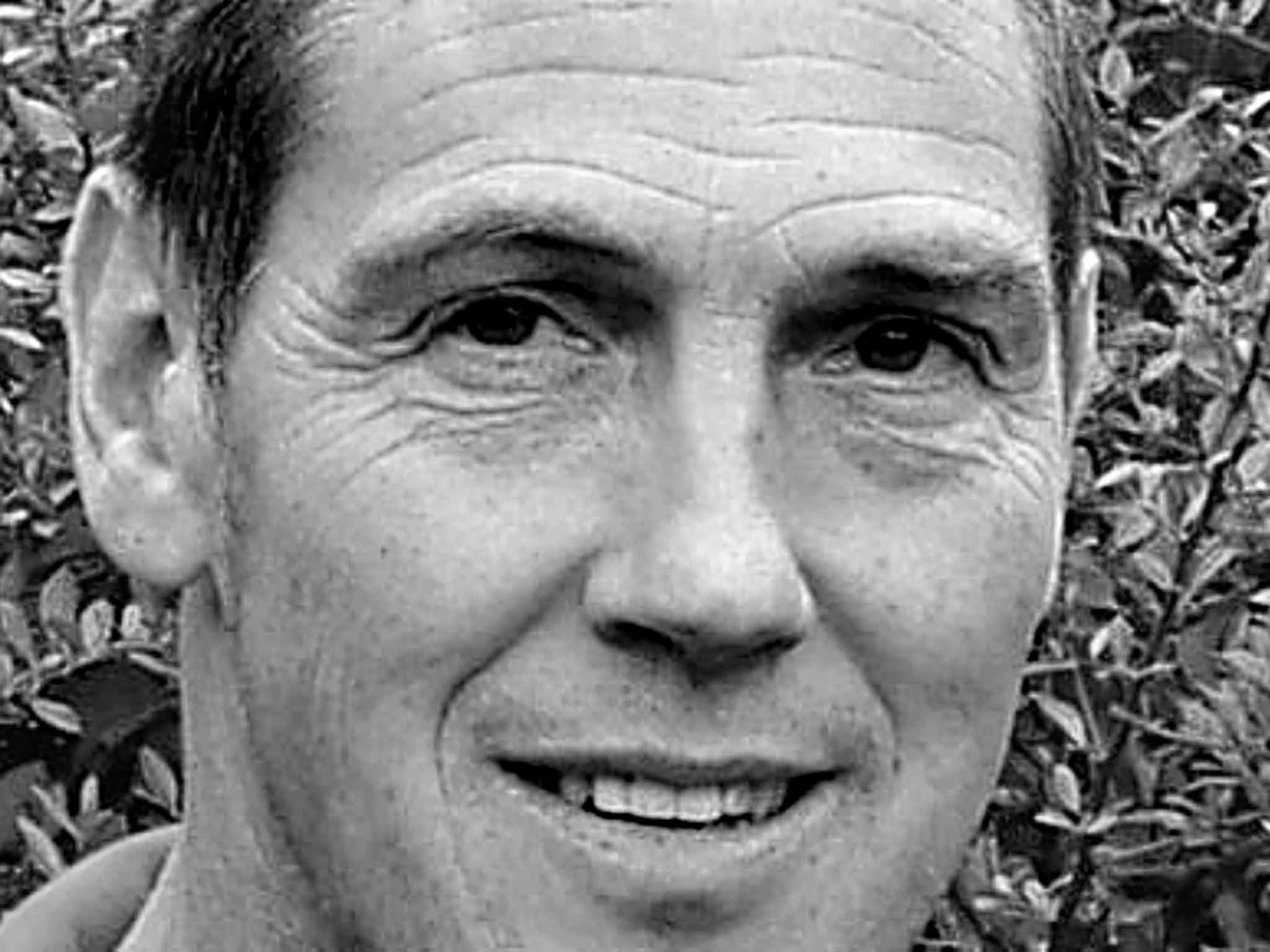Doctor Nigel Holmes: Ecologist who led efforts to restore degraded rivers and formulated a scientific classification used across Europe

Nigel Holmes was a freelance conservationist who believed in getting things done. River restoration schemes across Britain have benefited from his expertise and knowledge. He was at the forefront of efforts to restore degraded rivers to a more natural state, both for the benefit of wildlife and to prevent flooding. He also provided a scientific classification of rivers that is used in Britain and across Europe.
Holmes' lifelong passion for waterways took him to every one of the 122 river systems in England, Scotland and Wales, observing, recording and taking photographs. The key to understanding a river, he wrote, is the plants, for "they have to endure whatever conditions nature and mankind bring, 24 hours a day, 365 days a year". The flowers, grasses, mosses and algae help to define a river through their dependence on its water quality, its flow rate and the underlying rocks and soil. In turn, the wildlife of a river depends on its plants. His magnum opus, Rivers, written with Paul Raven, was published two months before Holmes' sudden and untimely death.
He was born in Surrey in 1949 but the family moved to South Molton in North Devon where his father, a keen environmentalist, managed a farm. A naturalist from boyhood, Holmes went to Durham University, where he read botany.
There he met his mentors, David Bellamy and the freshwater ecologist and algologist Brian Whitton, and chose the River Tees as his specialist subject. River ecology was then poorly understood. Hence the work which Holmes undertook on the Tees, and later, for his doctorate, the River Tweed, was both original and enlightening. Shortly after completing his doctorate Holmes joined the scientific team of the Nature Conservancy Council (NCC) with the task of making a nationwide survey of rivers and so providing the Conservancy with a means of selecting the best examples as Sites of Special Scientific Interest (SSSIs).
The work took him over hundreds of miles of river bank and more than a thousand sample sites. It helped that he was always a very fit man, a habitual early riser and a county-level squash player who liked nothing more than wading in mid-stream, notebook and camera in hand.
His survey, which was published by the NCC in 1983, worked out that there were 10 basic types of river in Britain, from fast-flowing mountain streams to sluggish, silt-laden waterways running through level flood-plains. He developed a recording method known as Mean Trophic Rank (MTR) that used water plants as indicators of nutrient enrichment.
In 1983 Holmes left the NCC for a new career in consultancy. By then water companies had been given a duty to further the conservation and enhancement of rivers but it took outside pressure to turn words into action. The formation of the National Rivers Authority, later the Environment Agency, reflected a growing public concern that imprisoning rivers in artificial channels was increasing the risk of flooding – a risk that has steepened as climate change takes effect. Holmes was in demand for ecologically sound measures for restoring rivers. It was not easy: decades of land drainage had created a blinkered attitude to rivers, and many wildlife habitats had been damaged and destroyed.
Part of Holmes' influence came through training courses. They involved participants in hard, hands-on work on the riverbank, but they were also enjoyable thanks to his good humour and infectious enthusiasm. Another influence was his Rivers and Wildlife Handbook, first published in 1984 and re-released in expanded form a decade later. It was full of tried-and-tested practical designs for river restoration. Holmes was able to show digger drivers exactly what to do and how to do it and to broker solutions to the often diverging claims of river engineering and wildlife improvement. His one-man consultancy was kept busy with commissioned work from river authorities, water companies, engineering consultancies and environment agencies. The fact that, unusually for a conservationist, Holmes was fully independent strengthened his reputation for integrity.
Holmes was co-founder of the River Restoration Project, launched by the then Prime Minister (as the local MP), John Major, in 1992. Two years later this became the River Restoration Centre, a non-profit body based at Cranfield, Bedfordshire, which works to promote best practice in river management through local partnerships. The idea went Europe-wide in 1999 with the formation of the European River Restoration Centre (ECRR).
Holmes' knowledge and eternally youthful enthusiasm made him a key figure in the river-restoration world. Averse to bureaucracy, committees and pointless meetings, he was an outdoors-orientated, hands-on pragmatist. He was a keen photographer and in recent years a seasoned traveller to remote places in search of wildlife; he had recently returned from Baffin Island. An accomplished sportsman, at university he was good enough to be considered a potential England rugby union full-back before a shoulder injury. He also played in charity golf tournaments. He died too young but in a way that he might have wished, by a riverbank with his faithful dog Bruno, camera in hand, busy with the restoration of a beautiful river in Suffolk.
Nigel Trevor Henry Holmes, river ecologist: born Surrey 16 November 1949; married 1977 Linda Winter (three sons); died Suffolk 9 October 2014.
Join our commenting forum
Join thought-provoking conversations, follow other Independent readers and see their replies
Comments